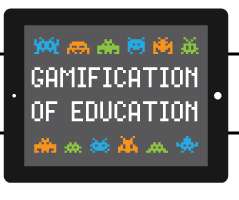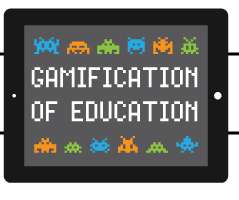Ed Tech Vocab: Keeping Up with Trends in Education
eSpark
APRIL 7, 2022
Think of it as a cheat sheet to help you learn all you need to know about technology in the classroom! Blended learning combines traditional, in-person learning with digital learning, so that students can experience both forms. MOOC refers to a massive online open course, a type of distance learning.















Let's personalize your content